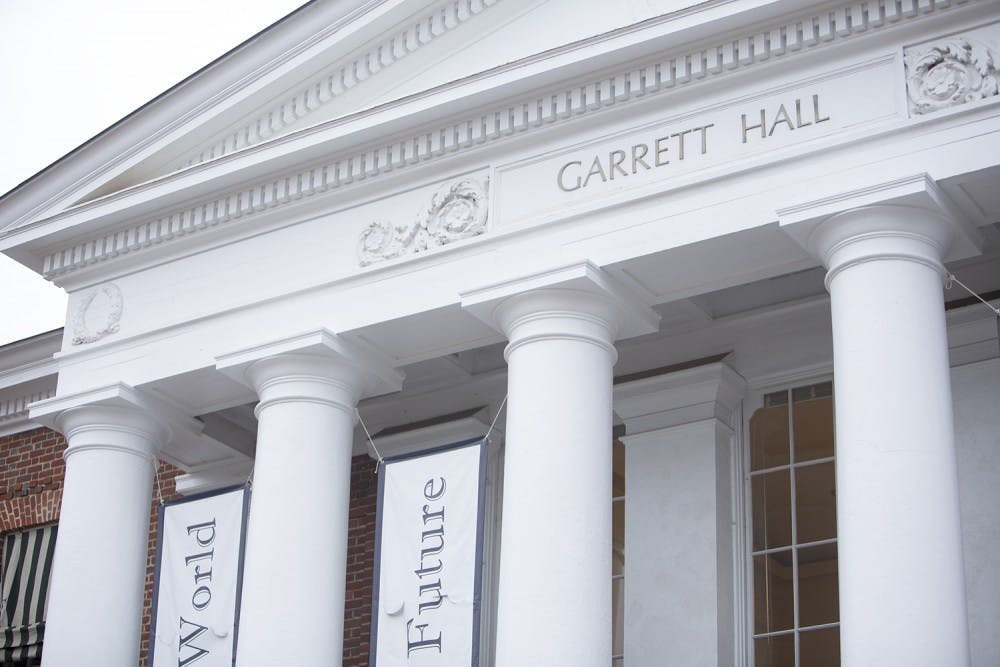Since the emergence of political factions in the early republic, gridlock has been a recurring fixture in American politics. A fixture which, some would argue, serves an essential role in the survival of our limited form government. Because both houses of the legislature and the executive branch are controlled by Republicans, it is essential that Democrats continue to act as an active minority party to maintain a balance of power. With two distinct and fervently ideological parties dominating the national government, co-partisan cooperation at the local level is essential. In contrast to national politics, local party polarization can be curable. A recent collaborative study conducted by Craig Volden of the Batten School and colleagues uncovered the importance of de-politicizing policy to reduce gridlock at local and state levels.
The study explores local officials’ willingness to learn about a particular piece of policy in the context of either its political origins or its past successes or failures following implementation. Unsurprisingly, policymakers were more open to learning about potential laws deemed successful if they came without a partisan tag. Moreover, officials were more likely to accept policy with the knowledge that another legislator of their own party had tried it. As legislators are challenged with choosing whether to appease their constituents or vote with their conscience, tension arises. These findings all point to the existence of often-overlooked gridlock at the local level.
It is important to recognize that some policy is inherently partisan with or without party labels. Despite positive results indicating the potential cooperation of opposing party members given the de-emphasis on party ties, the limited scope of the research could make the findings unrealistically optimistic. Because Volden only studies zoning and foreclosure policy, which critics may deem inherently less partisan than other types of local level law, the study may stand only for policies that are difficult to identify with any one party without labels. Other local level policy, like environmental policy, are more difficult to disguise as nonpartisan.
Nevertheless, I believe that even highly divisive policy can benefit from the loosening of party-labels. University student Chad Kamen put these principles into practice when he appealed to Senator Mitch McConnell (R-Ky.) to implement policy which would reduce the state’s dependence on coal. To Kamen, the most effective approach was to base his argument on universally accepted principles and restructure his proposed policy so it wasn’t easy to categorize under one ideology.
Rather than centering his case around the doctrine of environmentalism directly from the Democratic party’s national platform, Kamen focused the 6,900 Kentucky residents that depend on coal for their livelihood. According to Kamen, the resource is “inherently political — one party hates it while the other touts it as a panacea for Appalachia. In this way, by reinforcing the area’s dependency on coal, lawmakers put citizens at risk of whatever party is in power.” His arguments address the strict practicality of coal dependency and its toll on Appalachia rather than partisan concerns, taking a page straight from Volden’s study.
To Volden, reduced political tension is key to increased bipartisan cooperation. At the state and county level, emphasis on the merits of a particular policy can alleviate gridlock and foster localism. Policymakers should also make a greater effort to avoid party labels in our increasingly polarized political climate. Although bipartisan collaboration in the national political sphere seems hopeless, Volden’s report sheds light on the prospect of effective local governments. In a lecture to the Batten school, Professor Ray Scheppach reminded students of the value of cooperation within states by describing their power to change expectations of local citizens through experimentation and subsequent innovation at the local level. Because of their unique ability to test policy at a small scale, Scheppach asserts: “States are truly ... The laboratories of innovation in our democracy.”
Charlotte Lawson is a viewpoint writer for The Cavalier Daily. She can be reached at opinion@cavalierdaily.com.





